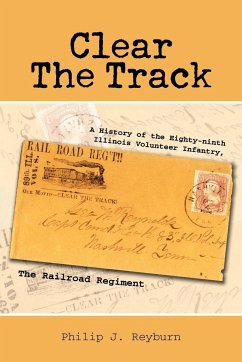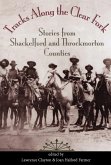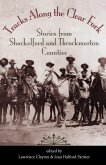With the air filled with the missiles of death, the bluecoats sought the shelter of mother earth and lay flat hugging the wet ground. The men were caught in an exposed position, and here occurred an incident, that would haunt William R. Hartpence of the Fifty-first Indiana as long as he lived. He observed First Lieutenant Peter G. Tait of the Eighty-ninth Illinois "standing a little in advance of his regiment," which had intermingled with the Fifty-first during the assault. With his eyes fixed on the young officer, Hartpence watched as Tait "was stuck by a cannon ball near the center of his body, tearing a great hole in the left side. As he fell, he threw his right arm around to his side, when his heart and left lung dropped out into it. The heart continued to throb for twenty minutes, its pulsations being distinctly seen by his agonized comrades, who stood there and saw the noble life fade out in heroic self-sacrifice." Battle of Nashville, December 16, 1864. In answer to Lincoln's call for more men to put down the rebellion, the several trunk railroads centered in Chicago oversaw the organization of a regiment composed principally of railroad employees. Numbered the Eighty-ninth Illinois Volunteer Infantry, it was better known by the sobriquet, the "Railroad Regiment." Considered one of the 300 hundred fighting regiments of the Union army, the "Railroaders" had 133 men killed in action or later died from wounds. Another 66 succumbed in rebel prisons. At the final muster, Colonel Charles T. Hotchkiss said it best: "Our history is written on the head-boards of rudely-made graves. . . . Such a record we feel proud of." And indeed, it was. PHILIP J. REYBURN is a retired field representative for the Social Security Administration. With Terry L. Wilson, he edited "Jottings from Dixie:" The Civil War Dispatches of Sergeant Major Stephen F. Fleharty, U.S.A.








